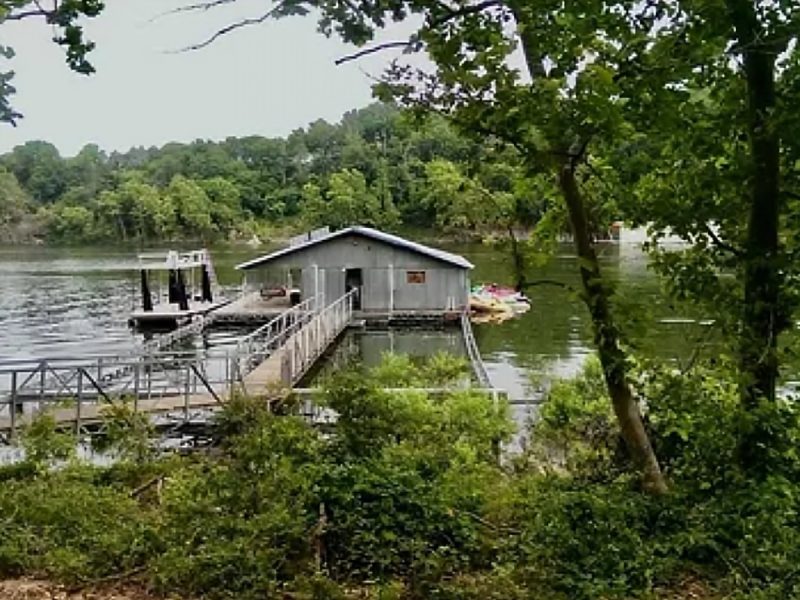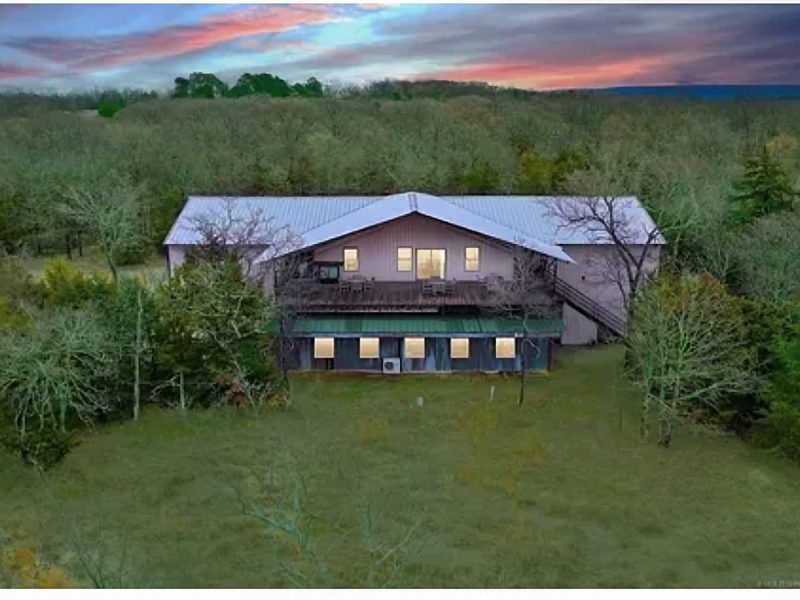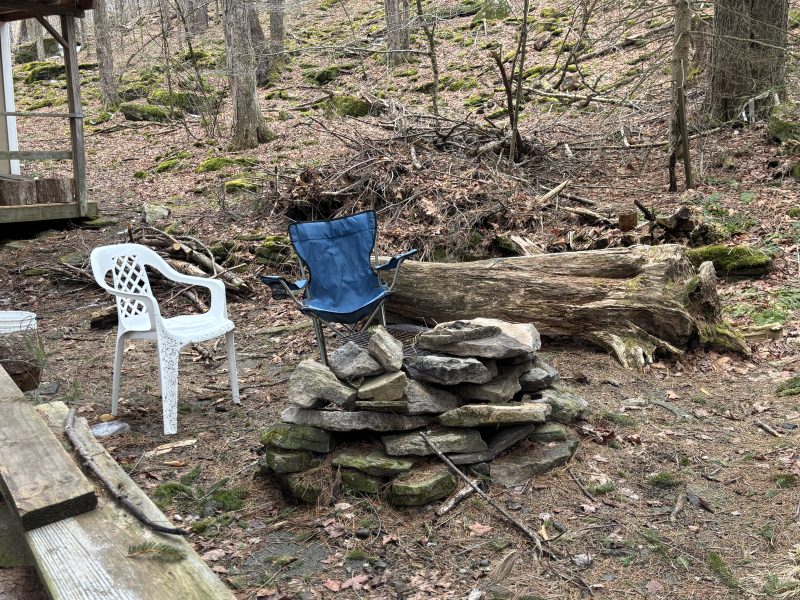Discover Lake Winnipeg: Manitoba’s Lakeside Playground
Discover the allure of Lake Winnipeg, a majestic gem nestled in the heart of Manitoba, Canada. Known as the sixth-largest freshwater lake in Canada, Lake Winnipeg boasts an expansive shoreline that spans over 400 kilometers.
Its azure waters stretch as far as the eye can see, offering a haven for outdoor enthusiasts and nature lovers. With its rich biodiversity and stunning vistas, Lake Winnipeg invites visitors to explore its diverse landscapes, from sandy beaches to rugged cliffs.
Top 3 Facts about Lake Winnipeg in Manitoba
Size and Scale
Lake Winnipeg is the sixth-largest freshwater lake in Canada, covering an impressive area of over 24,500 square kilometers. Its vast expanse offers ample space for various water activities and scenic exploration.
Biodiversity Hotspot
The lake supports a rich ecosystem with diverse wildlife, including over 50 fish species. It is renowned for its walleye and northern pike fisheries, attracting anglers from around the world.
Unique Beaches
The lake’s shoreline is dotted with picturesque sandy beaches, such as Grand Beach and Victoria Beach, offering pristine spots for sunbathing, picnicking, and swimming during summer.


Must See Attractions
Grand Beach
Beach
Known for its stunning white sand and clear waters, Grand Beach Provincial Park is a popular destination for sunbathing, swimming, and beach volleyball. It’s also an excellent spot for picnicking and birdwatching.
Hecla Island
Island
Located on Lake Winnipeg’s southwestern shore, Hecla Island offers scenic drives, hiking trails, and opportunities for wildlife viewing. Visit Hecla Village to explore its history and heritage.
Gimli
Lakeside Town
A charming lakeside town with Icelandic roots, Gimli is famous for its cultural festivals, such as the Icelandic Festival of Manitoba (Islendingadagurinn), and its vibrant arts scene. Don’t miss the historic Gimli Harbour and its fish market.
Annual Events and Festivals
Icelandic Festival of Manitoba (Islendingadagurinn)
Held in Gimli, usually over the August long weekend (the first Monday in August), this festival celebrates Icelandic culture with parades, traditional food, music, and Viking-inspired activities.
Gimli Film Festival
Also in Gimli, this festival typically occurs in late July and showcases Canadian and international films.
It’s a popular event for film enthusiasts and includes outdoor screenings on the beach.
Winnipeg Beach Sandcastle Competition
Held in July at Winnipeg Beach, this family-friendly event invites participants to create elaborate sand sculptures on the shores of Lake Winnipeg.
Top Hiking Trails
Hecla Island Trails
Hecla Village or Gull Harbour Marina
Hecla Island, situated on Lake Winnipeg’s northeastern shore, is a haven for hikers seeking varied landscapes and serene views. Trails like the Hecla Village Trail offer a leisurely walk through historic sites and tranquil forests, while the Grassy Narrows Marsh Trail leads adventurers through marshlands teeming with birdlife.
For a more challenging hike, the Lakeview Hecla Golf Course Trail offers panoramic views of the lake and island. Each trail on Hecla Island provides a unique glimpse into Manitoba’s natural beauty and cultural heritage.
Grand Beach Provincial Park Trails
Grand Beach Provincial Park
Grand Beach Provincial Park, located on the eastern shore of Lake Winnipeg, is renowned for its stunning sand dunes and pristine shoreline. Hikers can explore a network of trails that wind through diverse ecosystems, including the Spirit Rock Trail, which climbs to a lookout, offering panoramic views of the park and lake. The boardwalk trail provides easy access to the beach and dune habitats, perfect for birdwatching and enjoying the rhythmic crash of waves.
Whether you’re seeking a stroll or a more challenging trek, Grand Beach offers hiking experiences that immerse you in the natural splendor of Manitoba’s lakeside landscapes.
Oak Hammock Marsh Trails
Oak Hammock Marsh Interpretive Centre
Oak Hammock Marsh, though not directly on Lake Winnipeg, offers an unparalleled opportunity to explore one of Manitoba’s most diverse wildlife habitats. The trails around the marsh wind through wetlands, tallgrass prairie, and aspen forests offer scenic vistas and abundant wildlife viewing opportunities.
Hikers can choose from trails like the Prairie Ridge Trail, which leads to an elevated viewpoint overlooking the marsh, or the Whitetail Trail, known for its tranquil setting and opportunities to spot deer and waterfowl. Oak Hammock Marsh is a must-visit destination for nature enthusiasts looking to connect with Manitoba’s natural heritage.
Best Golf Courses
Lakeview Hecla Golf Course
MB-8, Gull Harbour, MB R0C 2R0
Located on Hecla Island, this 18-hole championship golf course offers stunning views of Lake Winnipeg and the surrounding wilderness.
It’s known for its challenging layout and scenic beauty, making it a favorite among golfers looking to combine their passion for the sport with natural splendor.
Granite Hills Golf Club
Lac du Bonnet, MB R0E 1A0
Situated near Lac du Bonnet, about an hour’s drive from Lake Winnipeg, Granite Hills Golf Club is renowned for its picturesque setting amidst granite outcroppings and boreal forest.
The 18-hole course offers a blend of challenging holes and scenic views, making it a must-visit for golf enthusiasts in the region.
Pine Ridge Golf Club
66059 Pineridge Rd, Sunnyside, MB R5R 0L9
Pine Ridge Golf Club, located in Winnipeg, offers an 18-hole championship course that challenges players of all skill levels.
It’s known for its well-maintained fairways and greens and its convenient location for those staying in or near the city while visiting Lake Winnipeg.
Water Sports
Sailing
The lake’s vast expanse and steady winds make it an ideal destination for sailing enthusiasts.
Whether you’re a novice or a seasoned sailor, you can explore the lake’s waters and enjoy breathtaking views.
Kayaking & Canoeing
Paddle along Lake Winnipeg’s shoreline to discover hidden coves, sandy beaches, and serene inlets.
The calm waters near the shore provide excellent conditions for kayaking and canoeing, suitable for all skill levels.
Windsurfing & Kiteboarding
With its consistent winds, Lake Winnipeg offers thrilling opportunities for windsurfing and kiteboarding.
Rent equipment or bring your own to experience the exhilaration of gliding across the lake’s surface.
Winter Activities
Cross-Country Skiing
Explore the serene beauty of Lake Winnipeg’s surroundings on cross-country skis.
Trails in areas like Hecla Island and Grand Beach Provincial Park provide varied terrain for beginner and experienced skiers.
Snowmobiling
The vast expanses around Lake Winnipeg are perfect for snowmobiling.
Numerous trails wind through forests and fields and along the lake’s shoreline, offering thrilling rides and spectacular winter scenery.
Ice Fishing
Lake Winnipeg is famous for its ice fishing opportunities, particularly for walleye.
Anglers set up ice fishing shacks on the frozen lake, creating a unique and social fishing experience. The best time for ice fishing is from December to March.
Where to Eat
The Ship & Plough Tavern
$$ – $$$ • Pub Fare, Craft Beers
Seagull’s Restaurant & Lounge
$$ – $$$ • Canadian, International
Brennivin’s Pizza Hus
$$ – $$$ • Pizza, Pasta
Where to Shop
H.P. Tergesen & Sons
General store
Gimli Fish Market
Fish market
Tergesen’s Bookstore
Bookstore
Where to Sleep
- 3
- 2
- 3
- 2
Lakeside Beach House
- 2
- 2
The Perfect DESTIN-ation!
- 2
- 2
Pug Life - Walk to the Ocean!
- 4
- 2
Roscoe Pine House
- 6
- 3
- 1
Tips on Renting a Vacation Home on Lake Winnipeg
Start Planning Early
Lake Winnipeg is a popular destination, especially during peak summer months and winter holiday seasons. To secure the best options, begin your search well in advance.
Define Your Needs
Consider the size of your group, the type of amenities you want (e.g., private beach, boat dock, pet-friendly), and your preferred location on the lake. Make a list of must-haves to narrow down your options.
Set a Budget
Determine your budget for the rental. Remember that prices can vary significantly based on the location, size, and amenities of the home—factor in additional costs such as cleaning fees, security deposits, and taxes.
Read Reviews
Pay close attention to reviews from previous guests. Look for feedback on cleanliness, accuracy of the listing, communication with the host, and overall satisfaction with the property.




Going Deeper: History and Cultural Significance of Lake Winnipeg
Lake Winnipeg, one of Canada’s largest freshwater lakes, holds a rich history and profound cultural significance.
Indigenous peoples, including the Cree, Ojibwe, and Dakota, have lived along its shores for thousands of years, relying on its abundant resources for fishing, hunting, and transportation.
The lake was a vital part of the fur trade network in the 17th and 18th centuries, with European explorers and traders, such as Pierre Gaultier de Varennes, Sieur de La Vérendrye, navigating its waters to establish trade routes. The surrounding communities, particularly in areas like Gimli, showcase the cultural diversity brought by Icelandic settlers in the late 19th century, evident in local festivals and traditions.
Today, Lake Winnipeg remains an essential natural resource, a hub for recreational activities, and a symbol of Manitoba’s cultural heritage, reflecting the deep connections between its inhabitants and the land.
Frequently Asked Questions about Lake Winnipeg
Lake Winnipeg is one of the largest freshwater lakes in the world, covering an area of about 24,514 square kilometers (9,465 square miles).
Lake Winnipeg is located in the province of Manitoba, Canada. It stretches from the northern part of the province down to its central region.
Popular recreational activities on Lake Winnipeg include boating, fishing, swimming, sailing, kayaking, windsurfing, ice fishing, snowmobiling, and hiking.
Lake Winnipeg is home to various fish species, including walleye, northern pike, sauger, perch, and whitefish, making it a popular destination for anglers.
Lake Winnipeg has been significant to Indigenous peoples for thousands of years. It played a crucial role in the fur trade in the 17th and 18th centuries and has historical ties to European explorers and settlers, particularly Icelandic immigrants in the late 19th century.
Yes, you can swim in Lake Winnipeg. Popular swimming spots include Grand Beach and Winnipeg Beach, known for their sandy shores and clear waters.
Rent a Property
Looking for a cottage in Gimli?
Find a Property
 Listings
Listings Help Center
Help Center






































